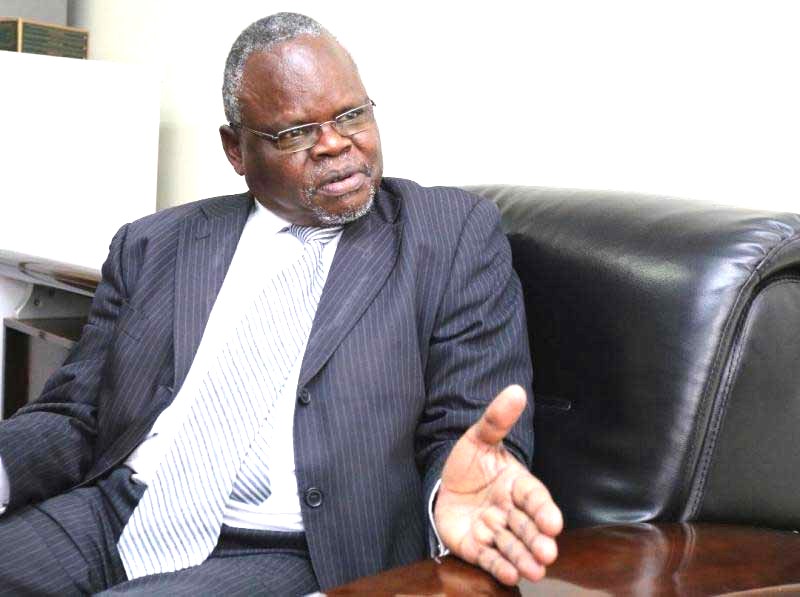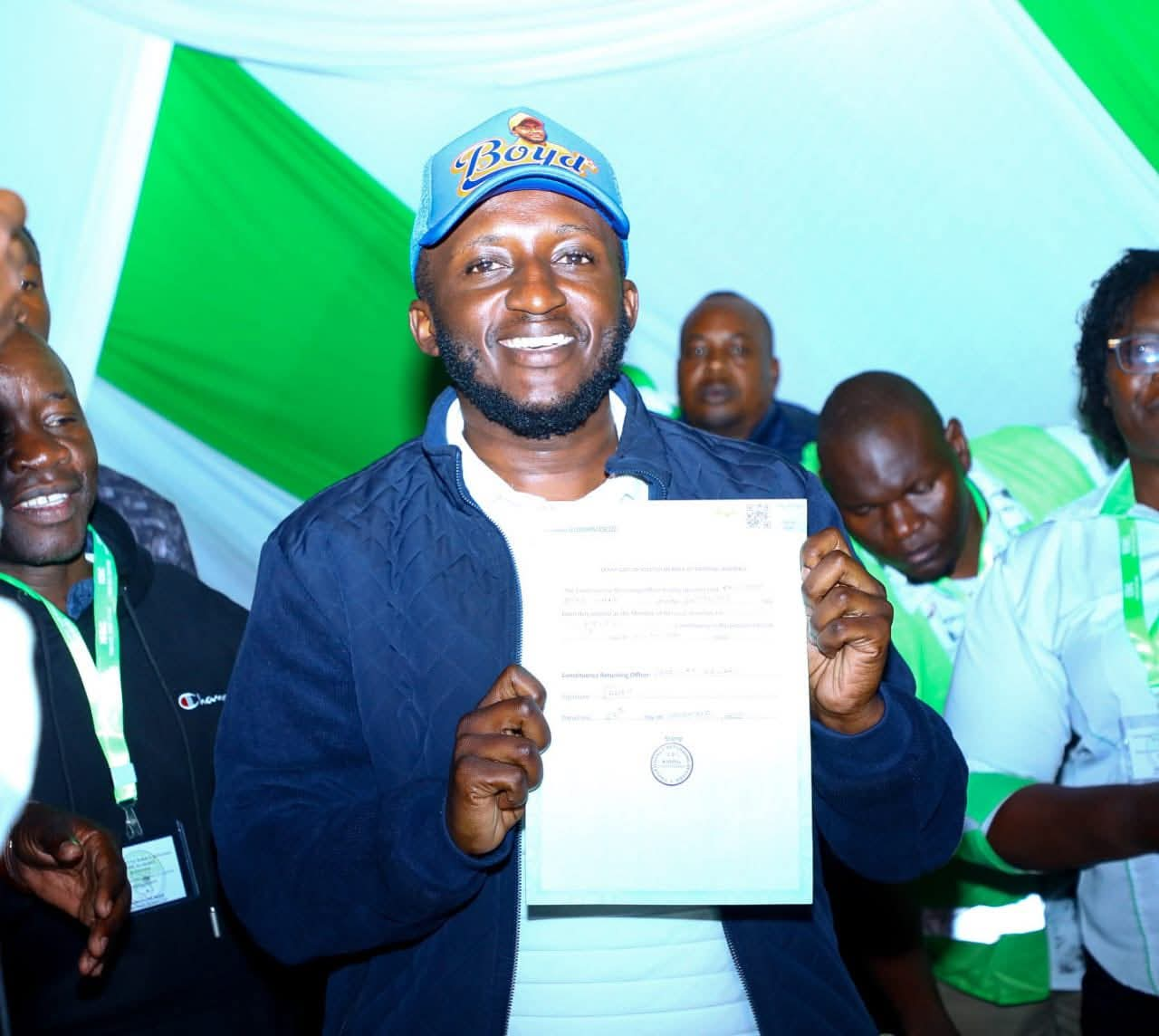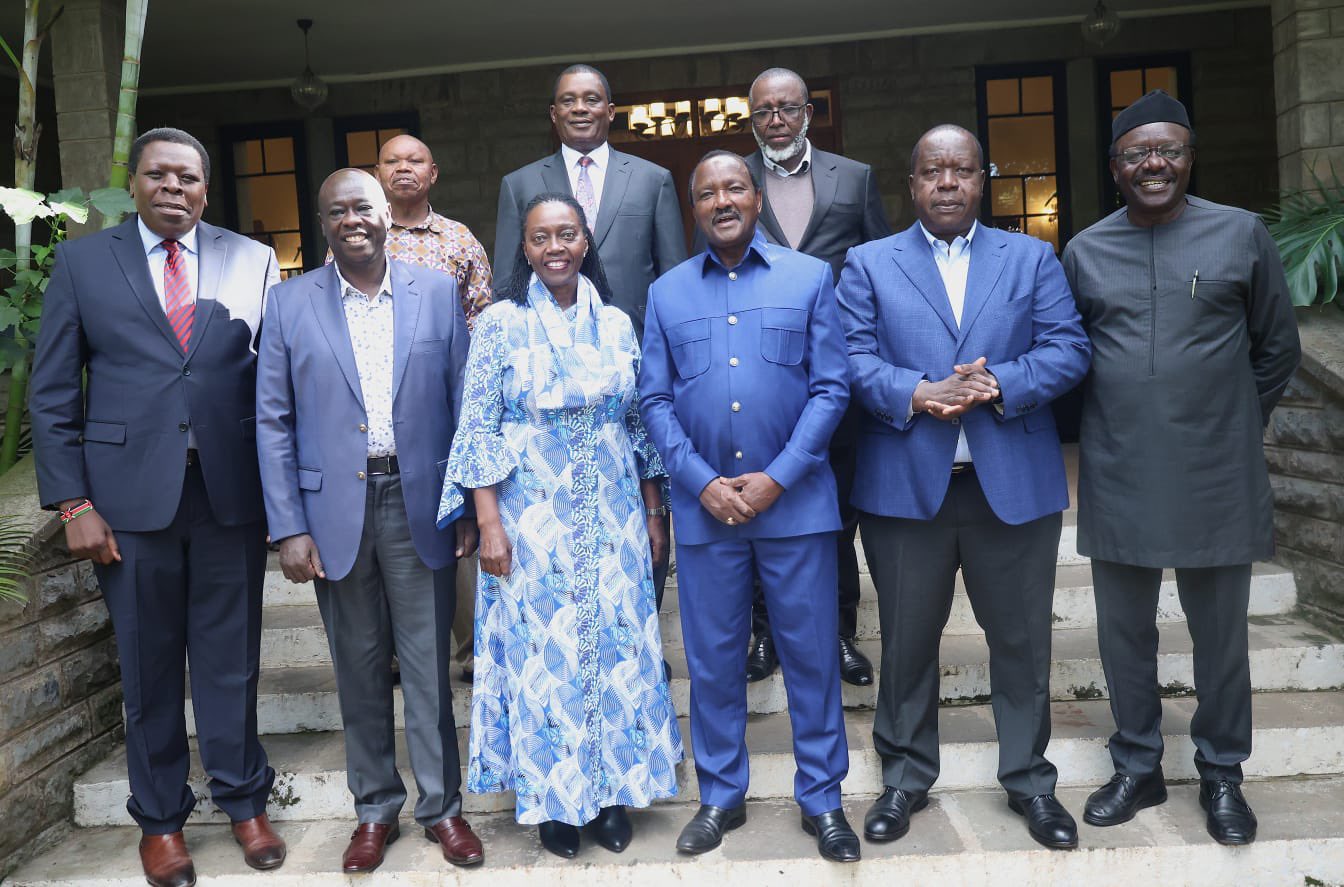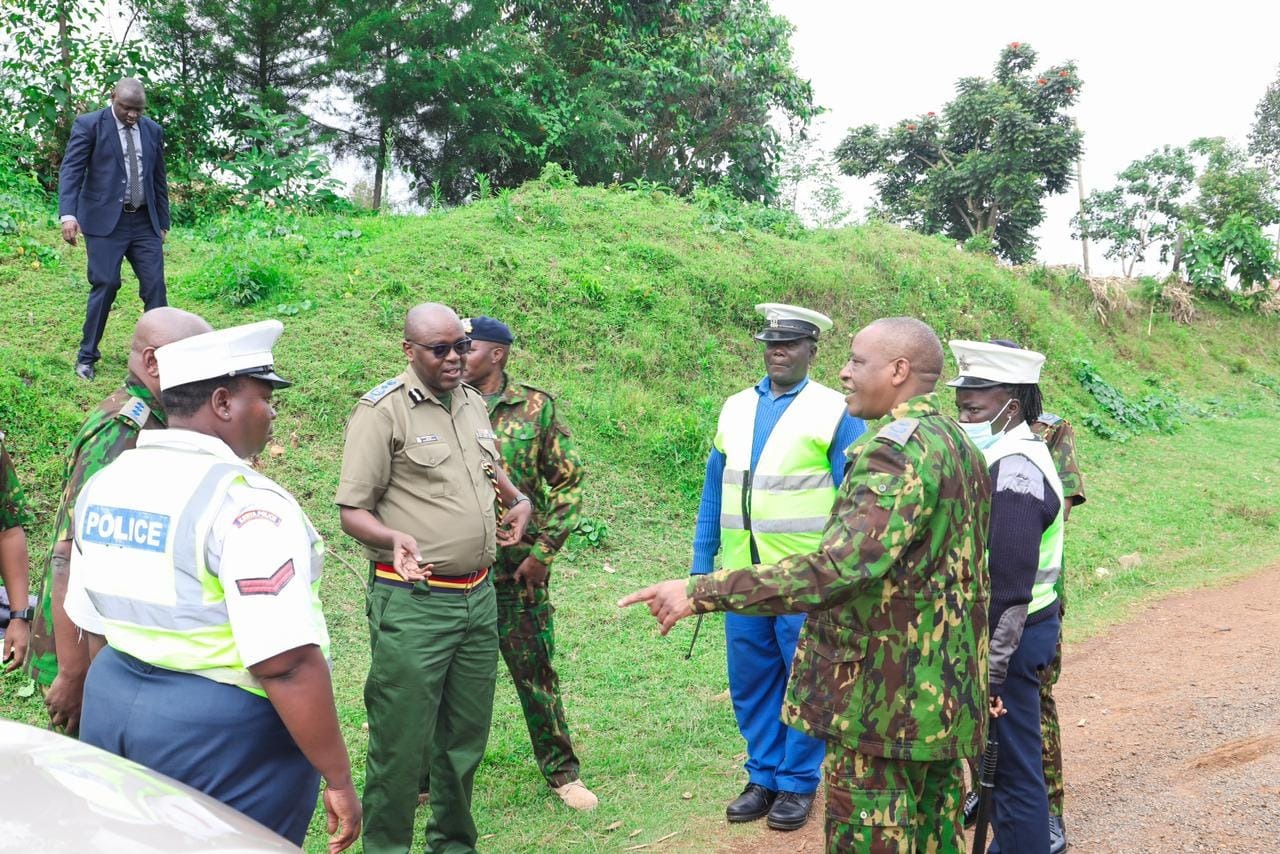Former Technical University of Kenya (TUK) Vice Chancellor, Professor Francis Aduol, faced a blistering interrogation last week when he appeared before the IEBC Selection Panel, with panellists laying bare a catalogue of financial mismanagement under his 16-year tenure.
Aduol, who served as the institution’s first Vice-Chancellor after its elevation from a polytechnic, was taken to task over two damning Auditor General reports—one of which issued an adverse opinion in 2021. The report cited unpaid staff arrears, irregular expenditures, and unsupported allowances, painting a grim picture of chaotic accounting and lax oversight during his leadership.
In a spirited but visibly rattled defence, Aduol conceded that “certain things were not fully paid attention to,” but claimed he had responded adequately to all audit queries, even appearing before Parliament to offer explanations.
Yet his attempts to distance himself from the institution’s murky financial history did not impress members of the panel. Andrew Tanui, a member of the Selection Panel, pointedly reminded Aduol that as the university’s founding leader, he bore ultimate responsibility for the state of affairs. “Since you were there from inception, how TUK is today is a reflection of your leadership for the last 16 years,” Tanui told a visibly agitated Aduol. “You had the best opportunity to show your management and leadership skills.”
The scrutiny did not stop with the 2021 report.
The 2023 Auditor General’s report, though slightly improved, continued to flag glaring issues, including the absence of key policy documents, lack of a disaster recovery plan, unapproved ICT policy, and outstanding imprest. Aduol dismissed the findings, insisting that “TUK has full policies for most of the things it is doing, bound in books.”
The panel also sought answers over the university’s staggering Ksh 13 billion debt, a financial burden accrued under Aduol’s watch. He denied any misappropriation, instead blaming chronic underfunding by the government, inherited obligations, and delayed disbursements. “When I took over this institution, it was a polytechnic. Right from the start, we were suffering from under-capitation,” he said. “We were admitting students every eight months but getting funds every twelve.”
Aduol claimed that when he exited office in March 2023, the university was paying Ksh 220 million monthly in salaries, while the government only disbursed Ksh 160 million—leaving a recurring shortfall of Ksh 60 million per month. “There is no money that has been lost in TUK. The money didn’t come,” he insisted.
The financial haemorrhage was compounded, he said, by legal obligations to upgrade staff salaries after TUK’s elevation to university status—commitments that he said the government had never fully funded.
Despite the shadow of financial mismanagement hanging over him, Professor Aduol sought to convince the panel of his suitability to serve as a commissioner in the Independent Electoral and Boundaries Commission (IEBC), touting his experience in administration, geospatial science, and statistical analysis.
“I have chaired over 20 national committees in the higher education sector,” he said, citing his contributions to significant national policies.
Meanwhile, another candidate, Fatuma Mohamed, told the panel that it would be “too soon” to expect a boundary review before the 2027 general election. She noted that a referendum would be required to amend the constitutionally entrenched 290 constituencies and warned that the country lacked the time and readiness for such an undertaking.
“The matter is already before the Supreme Court, but Parliament will ultimately need to guide us,” she said, referencing the pending NADCO report, which has so far failed to offer a clear roadmap on the contentious issue.





